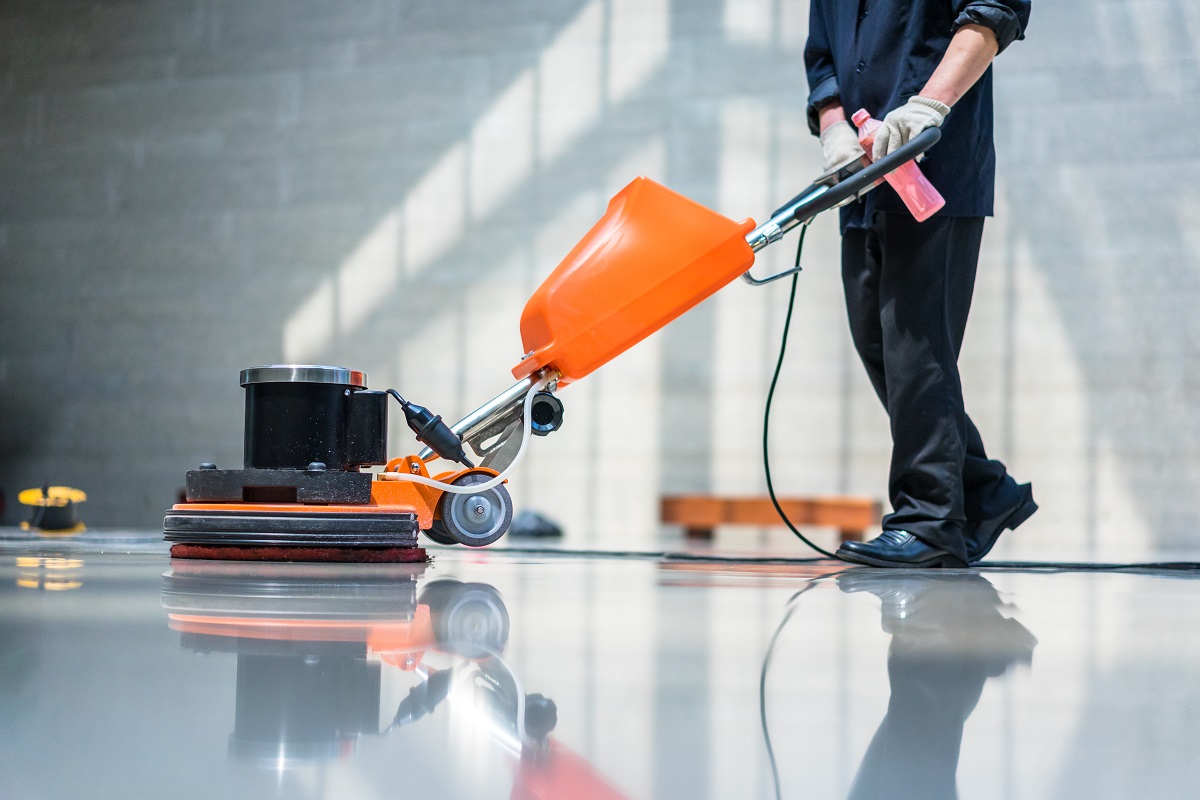

Articles
What Is A Floor Technician
Modified: January 19, 2024
Learn everything you need to know about floor techs with our informative articles. Discover tips, techniques, and tools for efficient and effective floor maintenance.
(Many of the links in this article redirect to a specific reviewed product. Your purchase of these products through affiliate links helps to generate commission for Storables.com, at no extra cost. Learn more)
Introduction
Welcome to the world of floor techs! If you’ve ever wondered about the professionals responsible for maintaining the cleanliness and appearance of floors in various establishments, you’ve come to the right place. In this article, we will explore the role of a floor tech, their responsibilities, required skills, and the tools they use.
A floor tech, short for floor technician, is a skilled professional who specializes in floor care and maintenance. They play a crucial role in ensuring that floors remain clean, safe, and visually appealing in a wide range of settings, including hospitals, office buildings, hotels, retail stores, schools, and more.
So, what exactly does a floor tech do? Their primary responsibility is to clean and maintain different types of flooring materials, such as hardwood, tile, vinyl, laminate, and carpet. They are trained to use various techniques, equipment, and cleaning agents to ensure optimal results.
Additionally, floor techs are often tasked with identifying and addressing any issues or damages to the floor, such as scratches, stains, or cracks. This may involve performing repairs, applying sealants, or recommending replacements when necessary.
As you can imagine, floor techs need to possess a diverse range of skills and qualifications to excel in their role. In the next section, we will dive deeper into the key attributes that make a successful floor tech.
Key Takeaways:
- Floor techs are skilled professionals responsible for maintaining clean, safe, and visually appealing floors in diverse environments, from hospitals and offices to retail stores and residential settings.
- To excel as a floor tech, one needs a diverse skill set, including knowledge of floor materials, cleaning techniques, problem-solving abilities, and physical stamina. Training and certifications can enhance career prospects and earning potential.
Read more: What Is A Civil Engineering Technician
Definition of Floor Tech
A floor tech, often referred to as a floor technician or floor care specialist, is a professional who specializes in maintaining and caring for different types of flooring surfaces. They are skilled individuals who possess in-depth knowledge of various floor materials, cleaning techniques, and equipment. Their primary goal is to ensure that floors are kept clean, safe, and aesthetically pleasing.
The role of a floor tech may vary depending on the specific industry and setting they work in. In healthcare facilities, for example, floor techs may have the additional responsibility of maintaining a sterile and hygienic environment to prevent the spread of infections. In commercial settings, such as office buildings or retail stores, floor techs are tasked with keeping the floors in pristine condition to create a positive impression on visitors and customers.
One of the key aspects of being a floor tech is the ability to understand and work with different types of flooring materials. This includes hardwood, tile, vinyl, laminate, carpet, and more. Each material requires specific cleaning methods and products to ensure optimal care while preserving its quality and appearance.
In addition to routine cleaning, floor techs are also responsible for addressing any floor-related issues that may arise. This could include repairing damages, refinishing surfaces, or applying protective coatings to prolong the lifespan of the flooring. They may also be involved in the installation or removal of flooring materials as needed.
Overall, floor techs play a crucial role in maintaining the cleanliness, safety, and visual appeal of floors in various environments. Their expertise and attention to detail contribute to creating a welcoming and professional atmosphere for both employees and visitors. In the next sections, we will delve into the responsibilities, skills, and qualifications that are essential for a successful career as a floor tech.
Responsibilities of a Floor Tech
A floor tech’s role encompasses a wide range of responsibilities to ensure the cleanliness, safety, and maintenance of different types of flooring. Their duties may vary depending on the industry and specific employer, but here are some common responsibilities you can expect as a floor tech:
- Cleaning and Maintaining Floors: The primary responsibility of a floor tech is to clean floors using appropriate techniques and cleaning agents. This may involve sweeping, mopping, scrubbing, or vacuuming, depending on the type of flooring material.
- Restoring and Refinishing: Floor techs are often tasked with restoring the appearance of floors through refinishing processes such as sanding, buffing, or applying sealants. This helps to remove scratches, stains, or dullness and revitalize the floor’s original shine.
- Repairing Damages: When floors sustain damages such as cracks, chips, or loose tiles, floor techs are responsible for assessing the extent of the damage and implementing appropriate repairs. This may include replacing damaged tiles, patching holes, or fixing loose flooring materials.
- Applying Protective Coatings: Floor techs apply protective coatings, such as wax or sealants, to enhance the durability and longevity of the flooring. These coatings provide a protective barrier against stains, scratches, and wear and tear.
- Managing Floor Care Inventory: Floor techs are often responsible for maintaining and managing inventory related to floor care supplies. This includes monitoring stock levels, ordering necessary supplies, and ensuring that all equipment and cleaning agents are readily available.
- Identifying and Reporting Hazards: A crucial aspect of a floor tech’s role is to identify and report any hazards or safety concerns related to the flooring. This includes identifying slippery areas, loose tiles, or damaged surfaces that could pose a risk to employees or visitors.
- Collaborating with Maintenance Teams: Floor techs often work closely with maintenance teams to coordinate repairs, renovations, or any other maintenance related to the flooring. They may provide input on flooring materials, design options, and assist in the installation process.
- Adhering to Safety Guidelines: Floor techs must follow safety protocols and guidelines to ensure their own safety as well as the safety of others. This includes using protective equipment, handling chemicals appropriately, and maintaining a clean and organized work environment.
These responsibilities highlight the diverse nature of a floor tech’s role and emphasize the importance of their contribution in maintaining clean, safe, and visually appealing floors. In the next section, we will explore the skills and qualifications that are essential for success as a floor tech.
Skills and Qualifications
To excel as a floor tech, there are certain skills and qualifications that are essential to possess. These skills not only ensure that you can effectively perform the required tasks but also contribute to your overall success in the field. Here are some key skills and qualifications for a floor tech:
- Knowledge of Floor Materials: A floor tech should have a deep understanding of various flooring materials, including their properties, maintenance requirements, and cleaning techniques. This includes knowledge of hardwood, tile, vinyl, laminate, carpet, and more.
- Cleaning Techniques: Floor techs need to be proficient in different cleaning techniques, such as sweeping, mopping, scrubbing, and vacuuming. They should understand which technique is most suitable for each type of flooring material to achieve optimal results.
- Attention to Detail: Having a keen eye for detail is crucial for a floor tech. They must be able to spot stains, scratches, or damages on the floor and take appropriate action to address them. Attention to detail is also important when applying protective coatings or performing repairs to ensure a seamless finish.
- Problem-Solving Skills: Floor techs often encounter unique challenges while cleaning or maintaining floors. They must possess strong problem-solving skills to effectively identify the cause of the issue and find the best solution. This could involve troubleshooting equipment, coming up with creative cleaning techniques, or finding alternative resources.
- Physical Stamina: The role of a floor tech can be physically demanding, requiring prolonged periods of standing, bending, lifting, and operating heavy machinery. Good physical stamina is necessary to handle the physical aspects of the job and ensure efficiency in completing tasks.
- Effective Communication: Floor techs often work as part of a team and need to effectively communicate with colleagues, supervisors, and clients. Clear communication is crucial for understanding instructions, reporting issues, and coordinating with others to ensure a smooth workflow.
- Organizational Skills: Floor techs must be well-organized to manage their time, equipment, and supplies effectively. They should have systems in place to keep track of inventory, schedule cleaning tasks, and prioritize work based on urgency or specific requirements.
- Knowledge of Safety Procedures: Safety is paramount in the role of a floor tech. Knowledge of safety procedures, including how to handle chemicals, use protective equipment, and identify potential hazards, is essential to maintain a safe work environment for both themselves and those around them.
In terms of qualifications, while formal education is not always required, obtaining a high school diploma or equivalent is typically preferred. Additionally, completing vocational programs, certifications, or training courses in floor care and maintenance can provide a competitive advantage and enhance career prospects.
By possessing the right skills and qualifications, you can embark on a successful career as a floor tech and contribute to maintaining clean and well-maintained floors in various environments.
In the next section, we will discuss the tools and equipment commonly used by floor techs to carry out their duties effectively.
Tools and Equipment Used by Floor Techs
Floor techs rely on a variety of tools and equipment to effectively clean, maintain, and restore different types of flooring surfaces. Here are some common tools and equipment used by floor techs:
- Mops and Brooms: Floor techs use various types of mops and brooms to remove loose dirt, dust, and debris from floors before applying any cleaning solutions. Microfiber mops are often preferred as they are effective at trapping dirt particles without leaving streaks.
- Scrubbers and Polishers: To deep clean and restore the appearance of floors, floor techs use scrubbers or polishers. These machines remove stains, grime, and old wax or sealants from the floor’s surface, allowing for refinishing or applying protective coatings.
- Vacuums: Vacuums are commonly used by floor techs to clean carpeted areas or to remove loose dirt and debris from hard surfaces. Specialized vacuum attachments and brushes may be used to reach corners, edges, and crevices.
- Floor Buffers: Floor buffers are machines equipped with rotating pads that are used to buff and polish floors. They are particularly effective for restoring shine to hard floors, such as hardwood or tile.
- Steam Cleaners: Steam cleaners use hot water vapor to sanitize and deep clean floors. They are effective at removing stubborn stains and killing bacteria and germs without the need for harsh chemicals.
- Carpet Extractors: Floor techs often use carpet extractors, also known as carpet cleaning machines, to deep clean and remove dirt and stains from carpets. These machines spray a mixture of cleaning solution and water onto the carpet and then extract the dirt and moisture with powerful suction.
- Sanders and Buffing Pads: For floor refinishing and removing deep scratches, floor techs use sanders or buffing machines along with appropriate grit sandpaper or buffing pads. These tools smooth out the floor’s surface and prepare it for refinishing or sealing.
- Protective Gear: Floor techs must prioritize their safety and use the necessary protective gear. This includes gloves, safety goggles, masks, and slip-resistant footwear to protect themselves from chemicals, dust, and potential hazards.
- Cleaning Solutions and Chemicals: Floor techs use a range of cleaning solutions and chemicals to effectively remove stains, sanitize floors, and apply protective coatings. These may include floor cleaners, disinfectants, stain removers, wax, sealants, and carpet shampoos.
In addition to these tools and equipment, floor techs may also use accessories such as floor scrapers, grout brushes, and plastic putty knives for specific tasks or to address particular flooring challenges.
It is important for floor techs to be trained on the proper usage and maintenance of these tools and equipment to ensure their effectiveness and longevity. Additionally, maintaining a clean and organized storage area for the tools and equipment is essential for easy access and efficient workflow.
Now that we have covered the tools and equipment, let’s move on to the training and certification required to become a floor tech.
A floor tech is responsible for maintaining the cleanliness and appearance of floors in various settings, such as hospitals, schools, and commercial buildings. They use specialized equipment and cleaning products to ensure floors are kept in top condition.
Read more: What Does A Construction Technician Do
Training and Certification
While formal education is not always a requirement to become a floor tech, completing training programs or obtaining certifications can significantly enhance your skills and employability. Here is an overview of the training and certification options available to aspiring floor techs:
1. On-the-Job Training: Many floor techs receive training through on-the-job experience. They start as assistants or apprentices and learn the necessary skills and techniques from experienced professionals. This hands-on training allows them to gain firsthand knowledge of floor care practices, equipment operation, and safety protocols.
2. Vocational Programs: Vocational or trade schools often offer programs specifically focused on floor care and maintenance. These programs provide a comprehensive curriculum that covers various aspects of floor cleaning, restoration, and repair. Students learn about different types of flooring materials, cleaning techniques, equipment operation, and safety practices. These programs typically culminate in a certificate or diploma.
3. Manufacturer-Specific Training: Many flooring products manufacturers offer training programs for floor techs. These programs educate individuals about the specific features, installation, and maintenance requirements of their flooring products. By undergoing manufacturer-specific training, floor techs gain valuable insights into the best practices for cleaning, repairing, and maintaining those particular flooring materials.
4. Certification Programs: There are several organizations that offer certifications for floor techs. These certifications demonstrate proficiency and expertise in floor care and maintenance. The Institute of Inspection, Cleaning and Restoration Certification (IICRC) offers a certification program for floor care technicians, which includes coursework and examinations covering various aspects of floor cleaning, maintenance, and restoration. Similarly, the International Sanitary Supply Association (ISSA) provides certifications for floor care professionals, showcasing their knowledge and skills.
Obtaining certifications can not only enhance your credibility but also broaden your career opportunities. It showcases your commitment to professional development and ensures that you are up-to-date with the latest industry standards and practices.
In addition to formal training and certifications, it is important for floor techs to stay informed about advancements in the field. This can be achieved through attending workshops, conferences, and industry seminars, as well as keeping up with industry publications and online resources.
Now that we’ve covered the training and certification aspect, let’s explore the different work environments where floor techs can find employment.
Work Environments for Floor Techs
Floor techs play a vital role in maintaining and caring for floors in various settings. Here are some of the work environments where floor techs can find employment:
- Hospitals and Healthcare Facilities: Floor techs are an integral part of the healthcare environment. They ensure that the floors in hospitals, clinics, and other healthcare facilities are clean, sanitized, and free from hazards. Their understanding of infection control protocols and sterile cleaning practices is essential to maintain a safe and healthy environment.
- Commercial Buildings and Office Spaces: Floor techs are often employed in commercial buildings and office spaces to keep the floors clean and well-maintained. This includes common areas, lobbies, hallways, and individual office spaces. They play a crucial role in creating a professional and welcoming atmosphere for employees and visitors alike.
- Retail Stores and Shopping Centers: Floor techs in retail settings are responsible for keeping the sales floors, entrances, and aisles clean and presentable. They may need to work during non-business hours to minimize disruption to customers. Attention to detail is particularly important in retail environments to ensure a visually appealing and safe shopping experience.
- Hotels and Hospitality Industry: In the hospitality industry, floor techs are responsible for maintaining clean and well-maintained floors in guest rooms, lobbies, restaurants, conference rooms, and other public areas. Their work contributes to creating a pleasant atmosphere for guests and upholding the reputation of the establishment.
- Schools and Educational Institutions: Floor techs are essential in educational institutions, including schools and universities. They ensure that floors in classrooms, hallways, gymnasiums, and other areas are clean, safe, and conducive to learning. Their work often involves adapting to varied cleaning schedules, such as during school breaks or after school hours.
- Industrial and Manufacturing Facilities: Some floor techs work in industrial or manufacturing facilities, where specialized cleaning techniques may be required. These environments often have different types of flooring, such as concrete or epoxy, which require specific maintenance approaches to withstand heavy machinery, chemicals, and potential spills.
- Residential Settings: Floor techs may also provide services to residential clients, offering floor cleaning, maintenance, and restoration in private homes and apartments. This can involve a variety of flooring materials, and floor techs may customize their services based on the unique needs and preferences of the homeowners.
- Self-Employment: Some floor techs choose to work independently and establish their own floor care business. This allows them to have flexibility in choosing clients and projects, and they can focus on building relationships with commercial or residential clients in their local area.
The specific work environment of a floor tech will depend on factors such as their expertise, preferences, and local job market. Regardless of the setting, floor techs play a critical role in maintaining the cleanliness, safety, and overall appearance of floors in a wide range of environments.
In the next section, we will discuss the salary and job outlook for floor techs.
Salary and Job Outlook
The salary of a floor tech can vary depending on factors such as location, years of experience, industry, and the specific employer. Generally, floor techs earn a competitive wage for their specialized skills and the importance of their role in maintaining clean and safe floors. According to the U.S. Bureau of Labor Statistics, as of May 2020, the median annual wage for janitors and building cleaners, which includes floor techs, was $28,110.
However, it’s important to note that salaries can range significantly based on various factors. Floor techs working in industries such as healthcare and manufacturing may earn higher wages compared to those in other sectors. Additionally, floor techs with advanced skills and certifications may have higher earning potential.
As for the job outlook, the employment of janitors and building cleaners, including floor techs, is projected to grow 4 percent from 2019 to 2029, which is about as fast as the average for all occupations. The demand for floor techs will continue to be driven by the need for cleanliness and maintenance in various industries, including healthcare, hospitality, and commercial buildings.
With advancements in floor care technology, there may also be an increased demand for specialized floor techs who are knowledgeable in using sophisticated equipment and techniques. Additionally, the growing emphasis on sustainability and eco-friendly practices may create opportunities for floor techs who have expertise in eco-conscious cleaning methods.
Overall, the job outlook for floor techs is positive, with steady demand expected in various industries. By acquiring relevant skills, certifications, and staying updated with industry trends, floor techs can enhance their career prospects and potentially earn higher salaries.
Let’s summarize what we’ve discussed so far in the next section.
Conclusion
Floor techs play a vital role in maintaining the cleanliness, safety, and overall appearance of floors in various industries and settings. With their expertise in floor care, they ensure that floors are clean, free from hazards, and visually appealing. From hospitals and office buildings to retail stores and schools, floor techs play a critical role in creating welcoming and professional environments.
In this article, we have explored the definition of floor techs and their responsibilities. We discussed the importance of skills such as knowledge of floor materials, cleaning techniques, attention to detail, problem-solving abilities, physical stamina, effective communication, and organizational skills. These skills, combined with the necessary tools and equipment, allow floor techs to excel in their duties.
To become a successful floor tech, there are various training and certification options available. On-the-job training, vocational programs, manufacturer-specific training, and certifications such as those offered by the IICRC and ISSA can enhance skills and credibility. Staying updated with industry advancements and best practices is also essential for continuous professional development.
The work environments for floor techs are diverse, ranging from hospitals and commercial buildings to schools and residential settings. Each environment presents unique challenges and requirements, emphasizing the adaptability and versatility of floor techs.
In terms of salary and job outlook, floor techs earn competitive wages, with opportunities for growth. The employment of janitors and building cleaners, including floor techs, is projected to grow at an average rate. By acquiring advanced skills, certifications, and staying abreast of industry trends, floor techs can enhance their earning potential and career prospects.
In conclusion, floor techs play a vital role in maintaining clean, safe, and visually appealing floors in various industries. Their expertise, skills, and dedication contribute to creating welcoming and functional environments for employees, visitors, and residents alike. As the demand for cleanliness and maintenance continues to increase, the role of floor techs will remain crucial in ensuring the longevity and beauty of floors across different settings.
Frequently Asked Questions about What Is A Floor Technician
Was this page helpful?
At Storables.com, we guarantee accurate and reliable information. Our content, validated by Expert Board Contributors, is crafted following stringent Editorial Policies. We're committed to providing you with well-researched, expert-backed insights for all your informational needs.
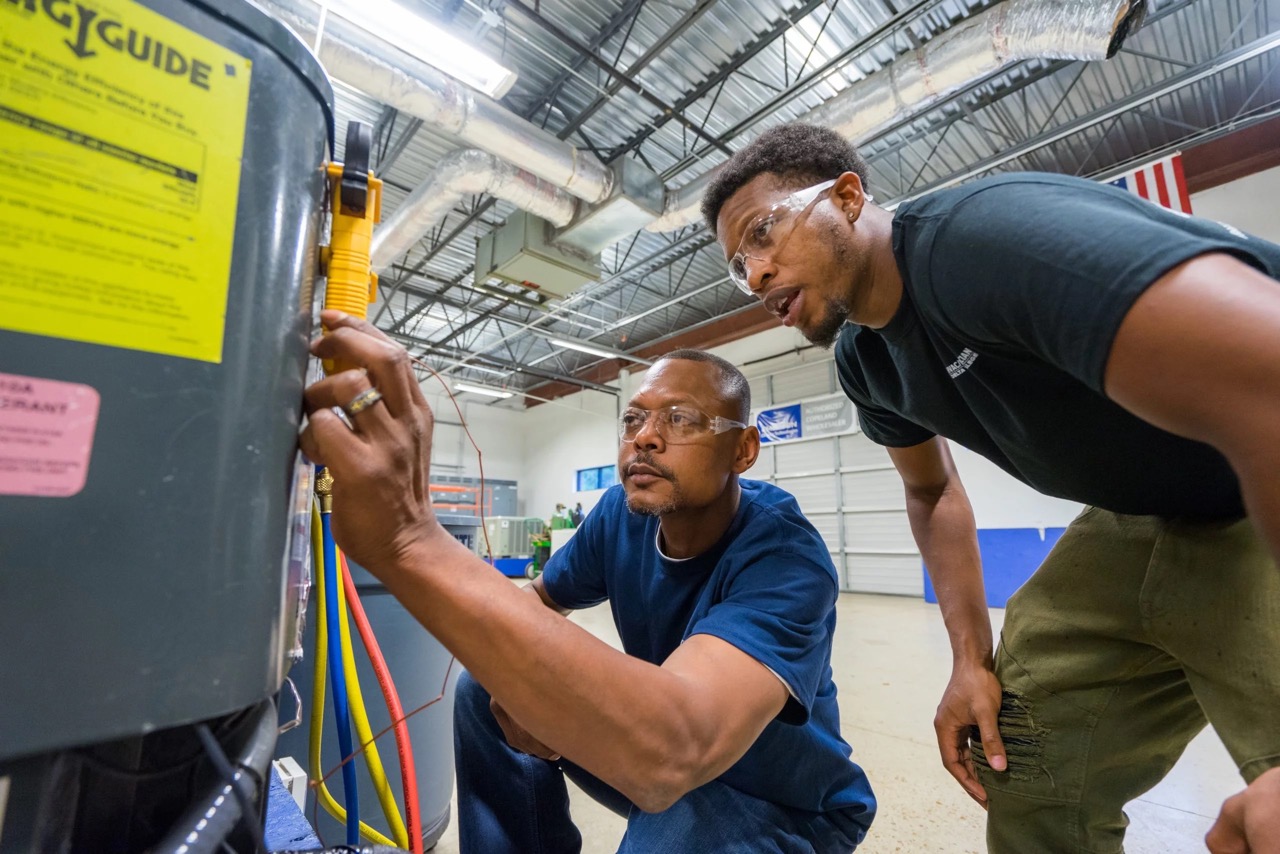
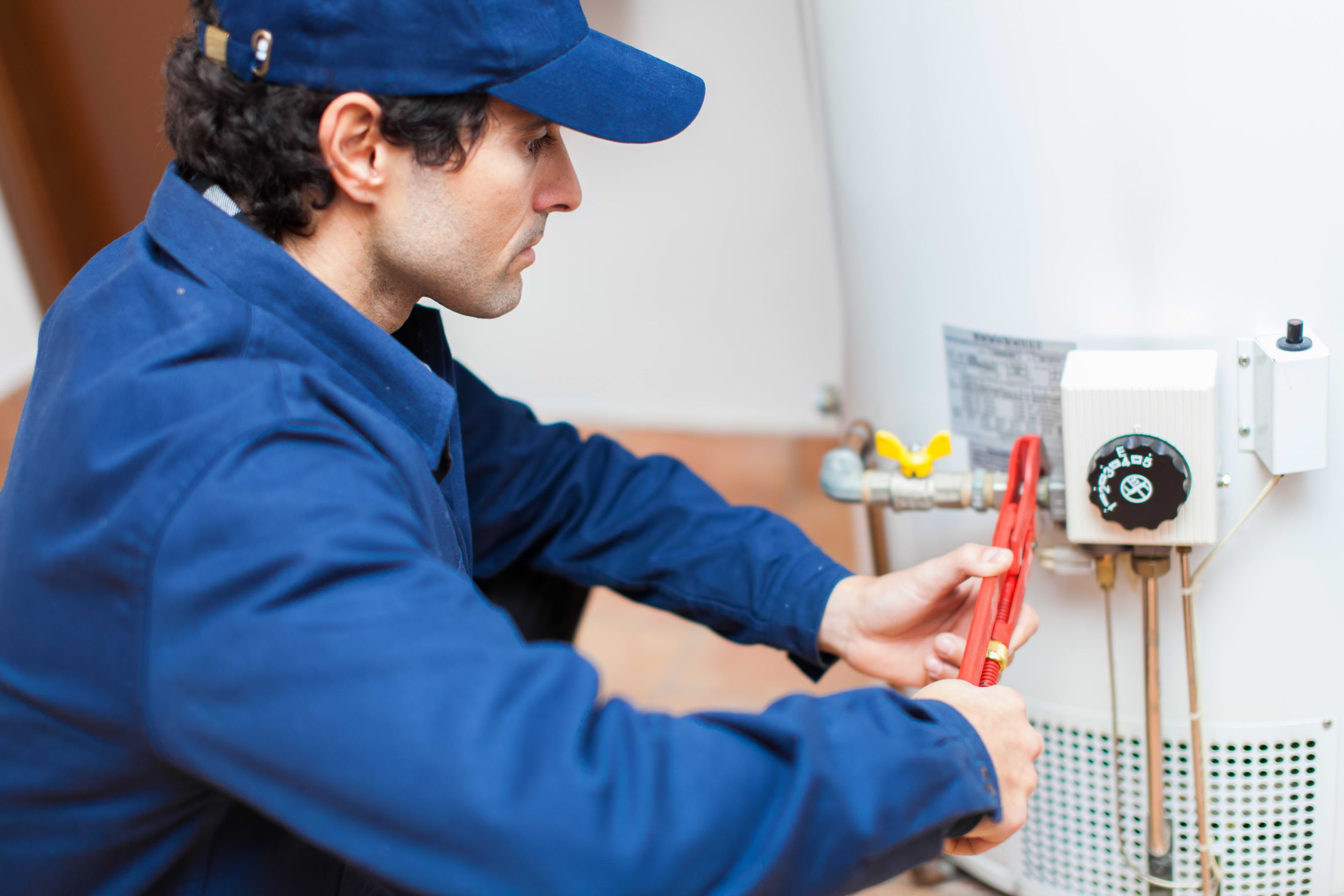


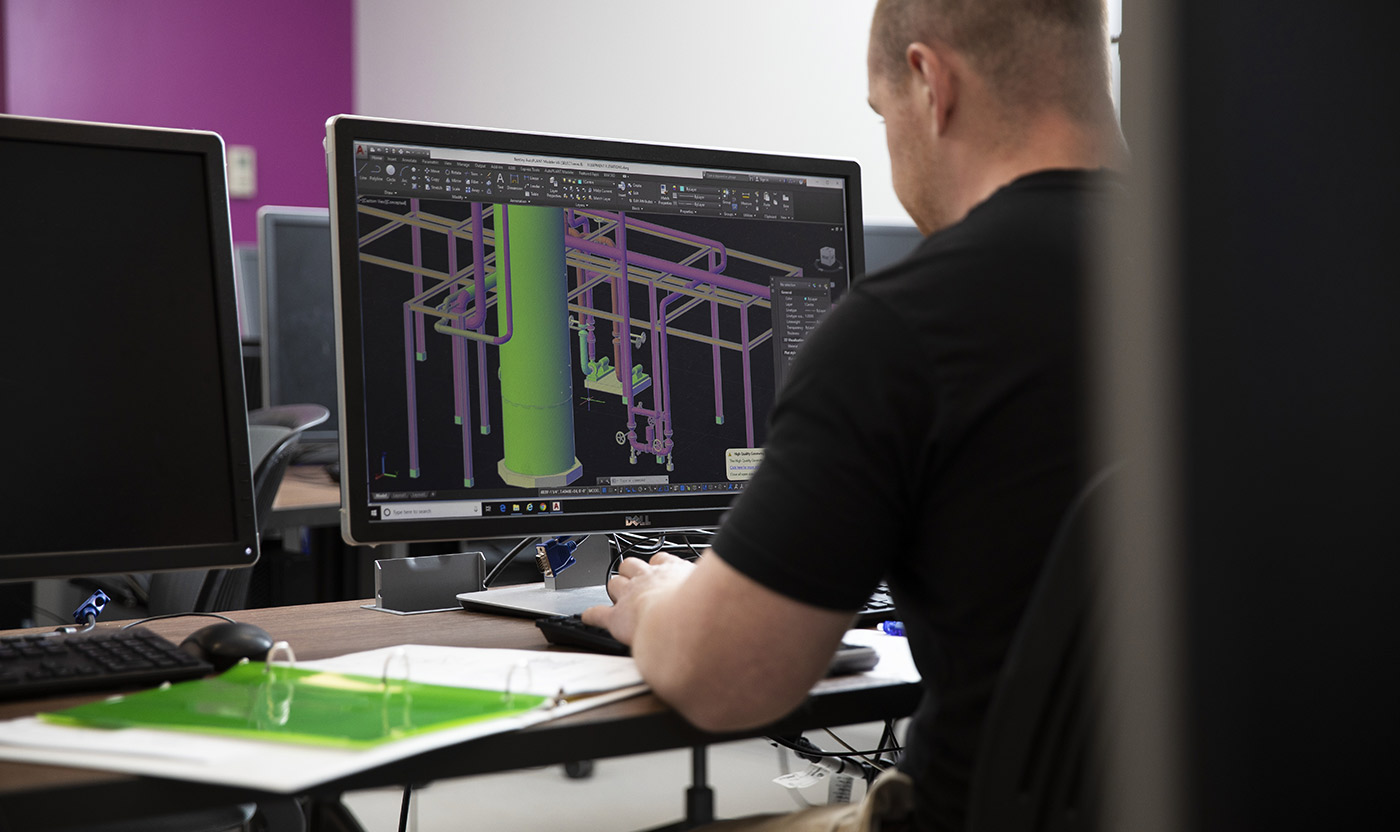

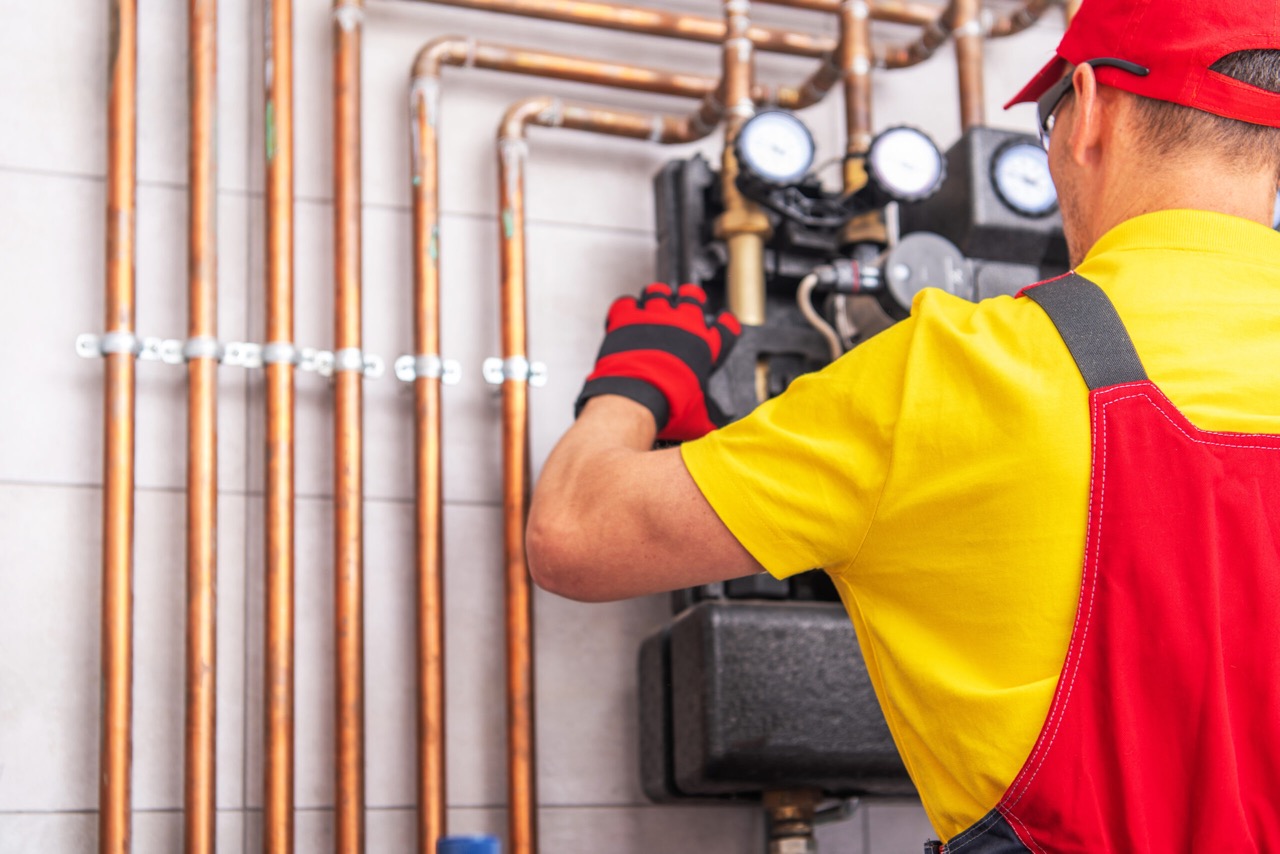

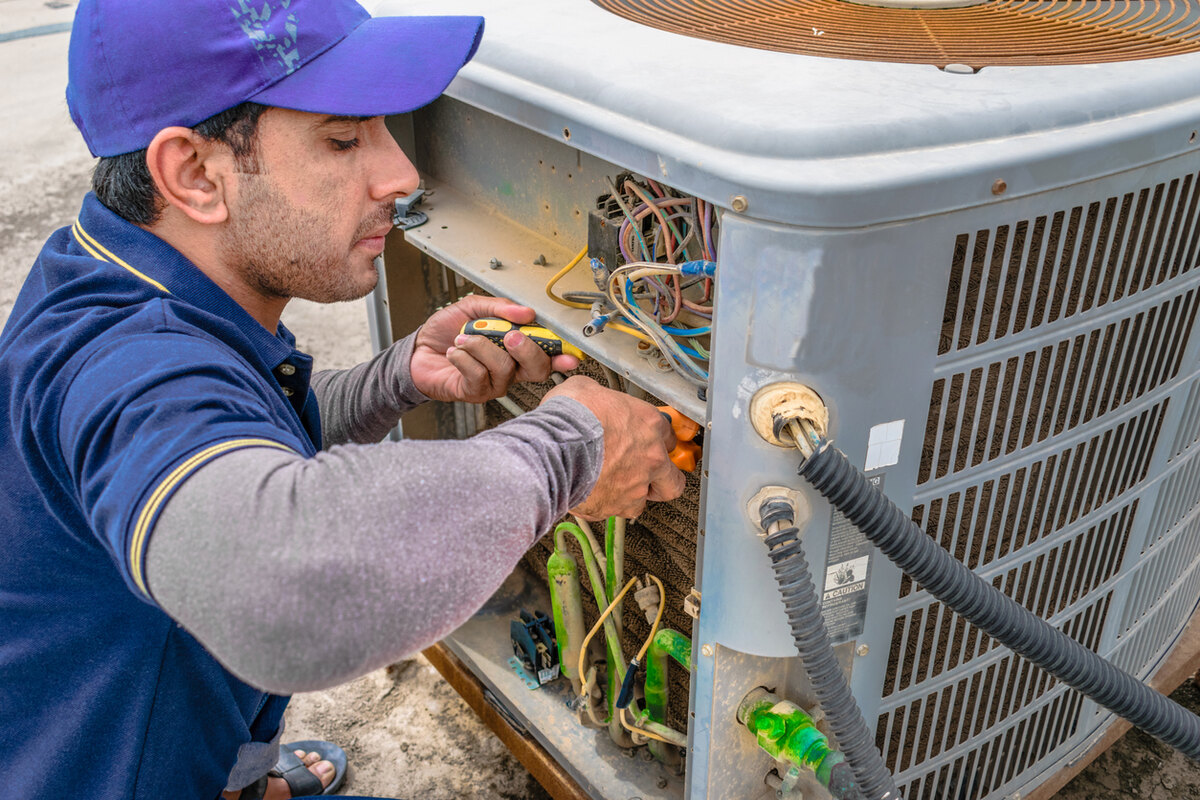
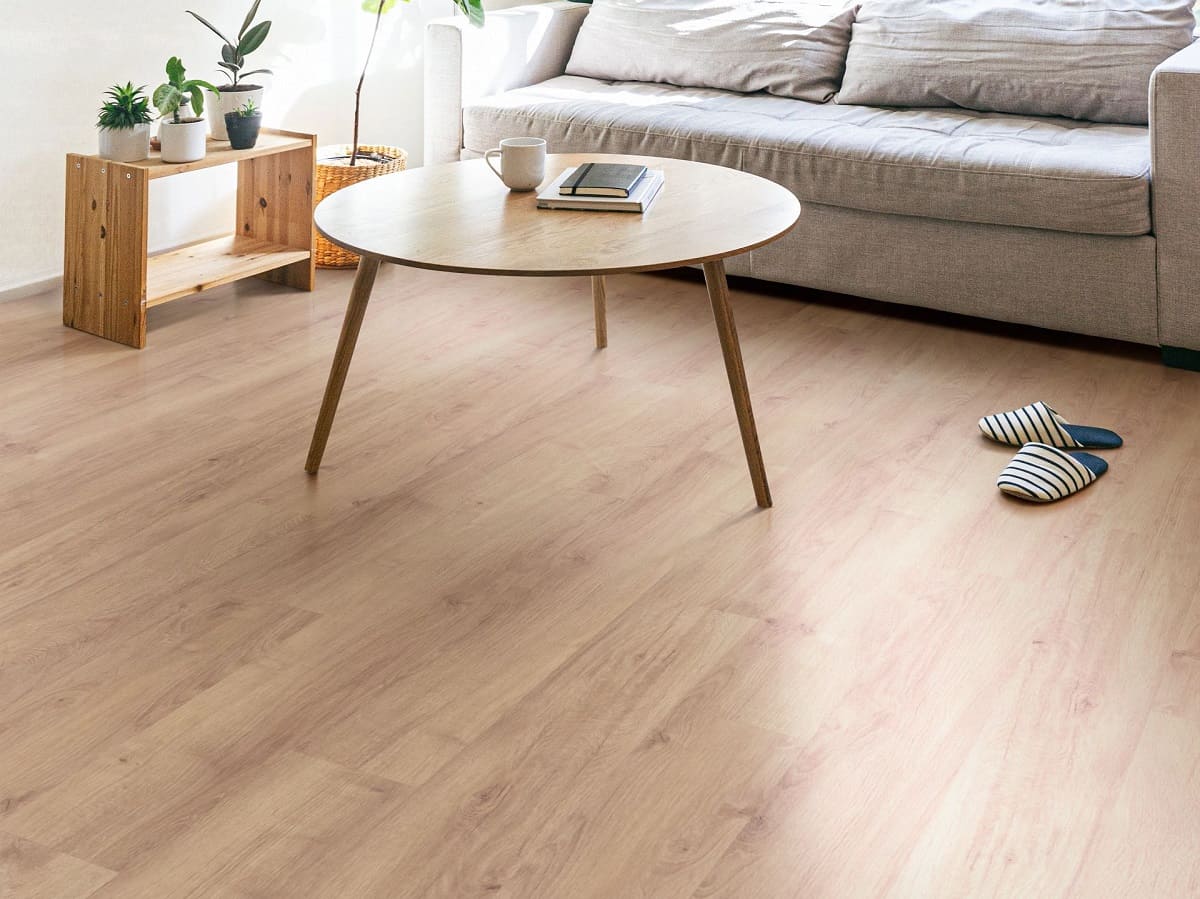


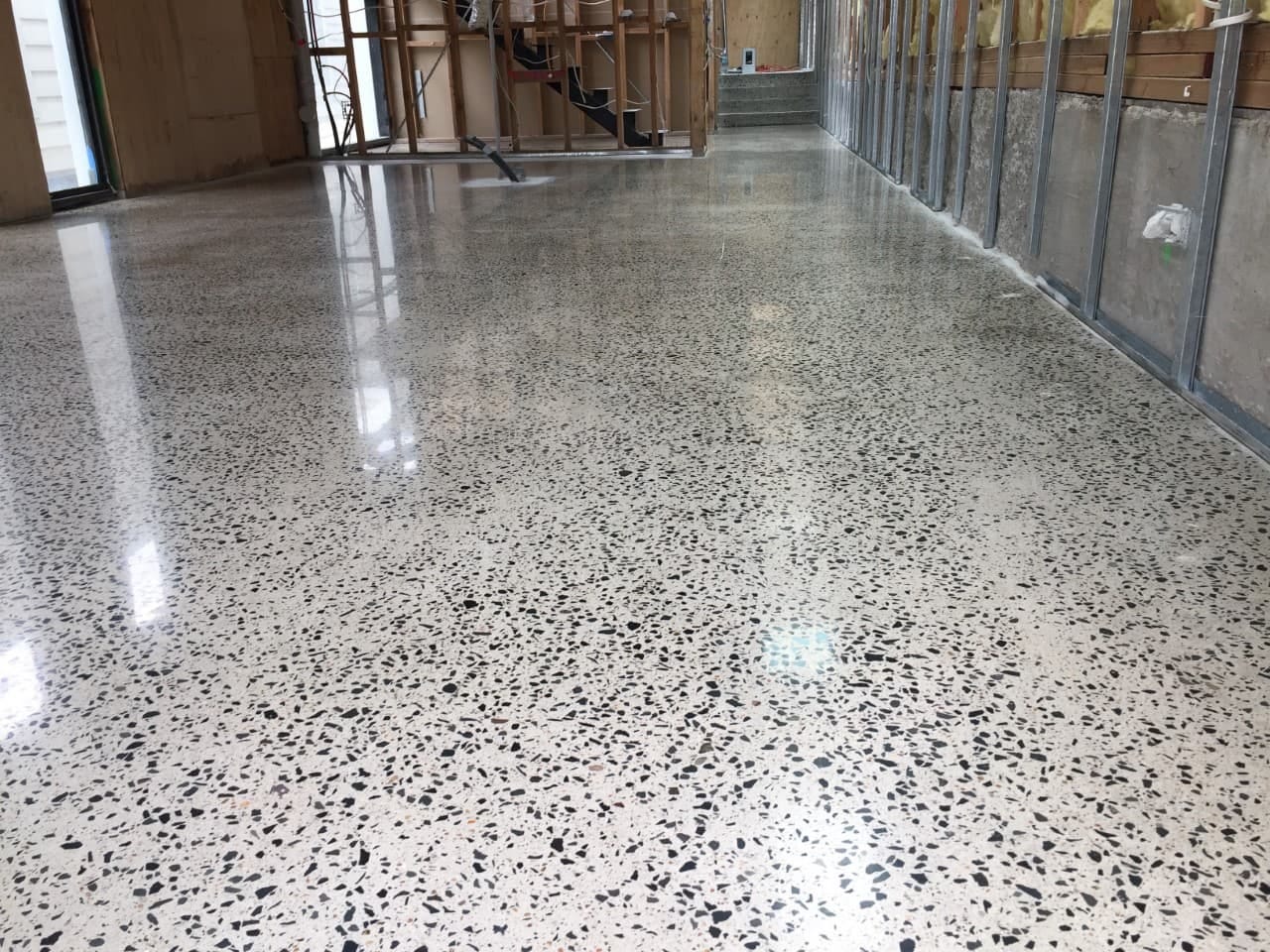
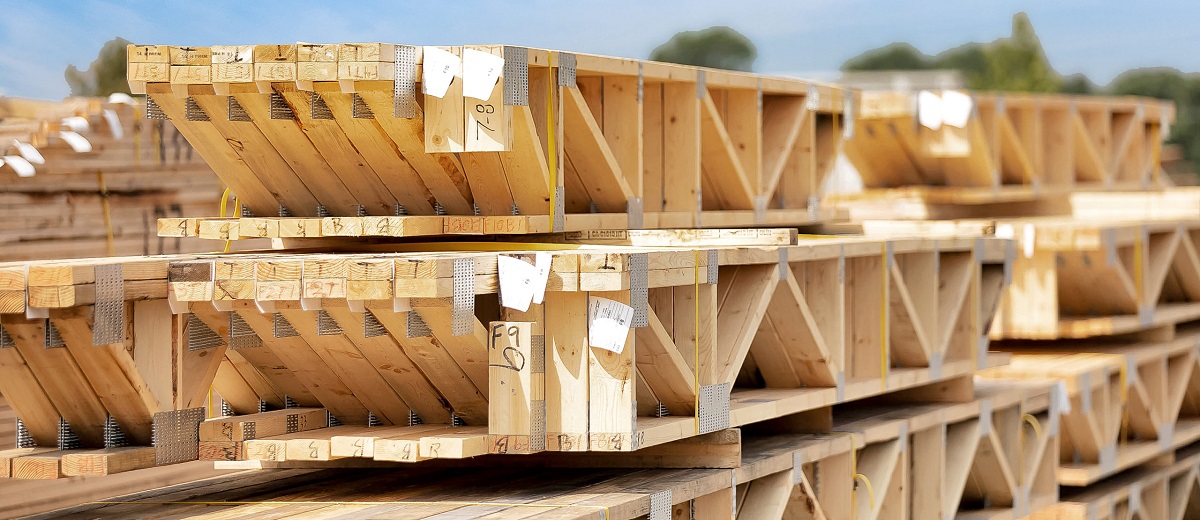

0 thoughts on “What Is A Floor Technician”